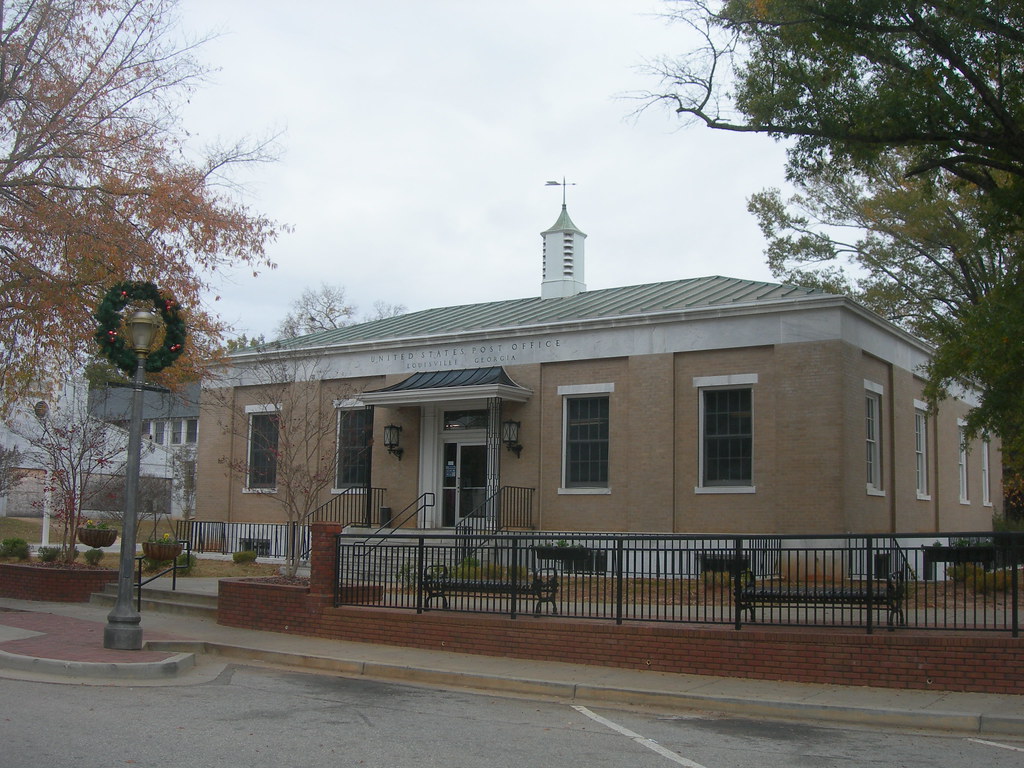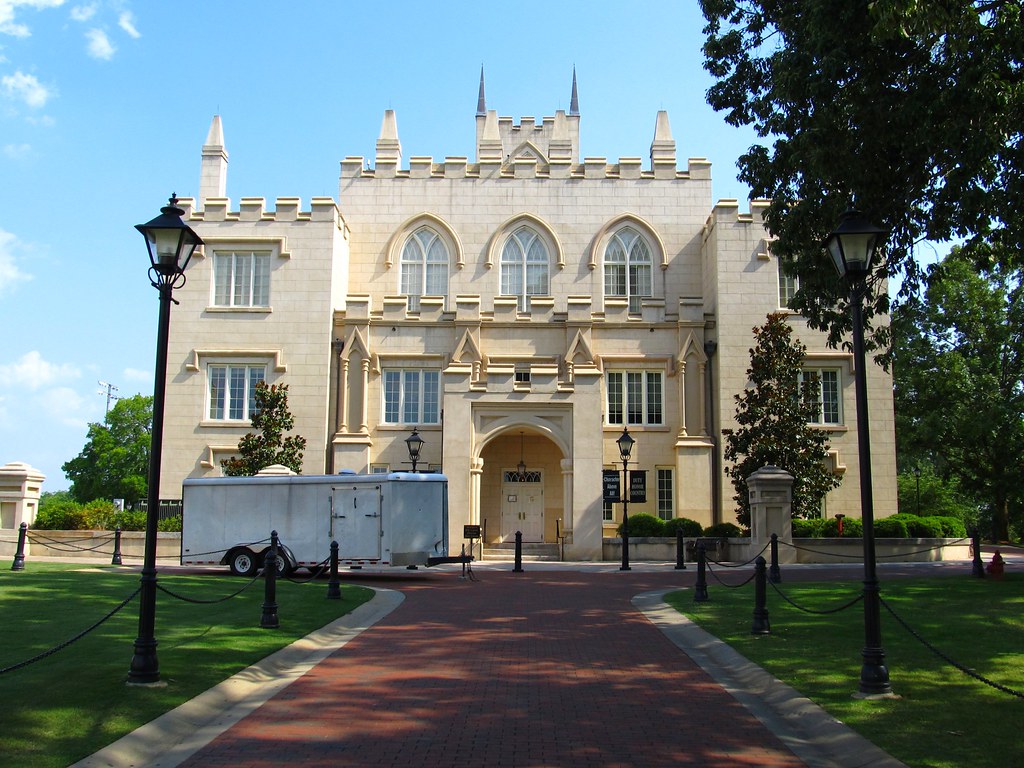I have a soft spot for promising places now obscured. They might have been famous if history had unfolded just a little bit differently. Maybe not everyone thinks that way. Hopefully the topic appeals to a few of you anyway because that’s what this article offers.
I think it was about a year ago that I discussed Alabama Capitals. I’ll jump one state to the right and provide something similar for its neighbor, Georgia.
Immediately, I noticed that greater research — or at least more data available publicly on the Intertubes — existed for Georgia than Alabama. Readers who want comprehensive details can refer to better sources like Georgia’s Historic Capitals. There I found the chart I’ve reproduced below. I’ll pick out a few oddities and let the experts provide a more complete narrative.
Timeline of Georgia’s Capital Cities
- 1777-78 Savannah
- 1779-80 Augusta*
- 1780-81 Heard’s Fort*, miscellaneous sites in Wilkes County
- 1781-82 Augusta
- 1782 Ebenezer*, Savannah
- 1783 Augusta
- 1784 Savannah, Augusta
- 1785 Savannah
- 1786-96 Augusta
- 1796-1806 Louisville
- 1807-1864 Milledgeville
- 1864-65 Macon*
- 1865-68 Milledgeville
- 1868-present Atlanta
- * Temporary meeting sites of state government
The volatility struck me right away. Yet, the dates suggested an explanation for the ping-ponging capital. For example, the American Revolution (1775–1783) and the Civil War (1861-1865) created obvious complexities. Nonetheless, despite the long list, most historians generally recognize “only” five capital cities. Those are Savannah, Augusta, Louisville, Milledgeville and Atlanta. I’ll focus on the two lesser-known locations, Louisville and Milledgeville, since the other three receive plenty of attention on their own.
Louisville

Louisville, like the more recognizable city with the same name in Kentucky, derived from Louis XVI of France. However locals pronounce it differently: LEWIS-ville. The capital shifted to Louisville because of its centralized location as Georgia’s population began to move away from the seacoast. The site stood at a crossroads linking several larger towns including Savannah and Augusta (map).
The Yazoo Fraud
It became an interesting historical footnote even though it served as the capital for a decade. That’s when it landed at the center of a scandal called the Yazoo Fraud.
Georgia sold a huge territory, most of the northern half of present-day Alabama and Mississippi, to a small number of land speculators. However the sale took place at rock-bottom prices. Well, surprise, the beneficiaries had bribed a number of elected officials and legislators supporting the act that authorized the sale. The fraud came to light and people reacted with rage. Things got ugly in the capital city. A marker now sits near the site of the old capitol building to commemorate perhaps the most significant event occurring during Louisville’s brief tenure as a state capital.
The Market House

Louisville also preserved The Market House (map). It remains one of a few structures constructed during the capital period that survives to the present (albeit heavily restored). Merchants sold just about everything imaginable from this location. Allegedly it even served a slave market although the local community disputes this. “Recent research… casts doubt on this and suggests that the old Market House may have a much more benign history as an ordinary commercial market.”
Milledgeville

Milledgeville experienced a much longer tenure as Georgia’s state capital (map). It lasted beyond the first half of the Nineteenth Century in the years leading into the Civil War. From this location, the state of Georgia seceded from the United States and joined the Confederacy. Milledgeville laid in ruins by the end of the conflict.
The history of events leading to the transfer from Louisville to Milledgeville are a bit hazy. However it was a planned community. The state government built it from scratch to serve specifically as the capital city.
Milledgeville was centrally located like Louisville. Likewise it stood at a point where the coastal plain met the Piedmont’s hills like so many other important cities along eastern edge of the United States during that period. This was the farthest navigable inland point when shipping was so vitally important to transportation and trade. Milledgeville rose on the fall line, connected directly to the larger world via the Oconee River.
The Civil War
Milledgeville became an obvious target during the war, the capital city of a rebellious state. General Sherman’s troops decimated the city during The March to the Sea.
“Houses, stores and barns were looted by Sherman’s troops, who rampaged through the city ‘foraging.’ The capitol building was occupied and a group of soldiers led by Brigadier General Judson H. Kilpatrick held a mock legislative session and ‘repealed’ Georgia’s ordinance of secession before looting the building and inflicting thousands of dollars in damage. The roof of nearby St. Stephen’s Episcopal Church was blown off when the soldiers ignited captured Confederate armories and magazines.”
That was it. Milledgeville never fully recovered. The capital moved to Atlanta during Reconstruction, “a city emerging as the symbol of the New South as surely as Milledgeville symbolized the Old South.” The seat of power has remained in Atlanta ever since 1868.
Two significant signs of the old capital still remain in Milledgeville, the former capitol building, now a museum, and the former Governor’s Mansion.

Leave a Reply